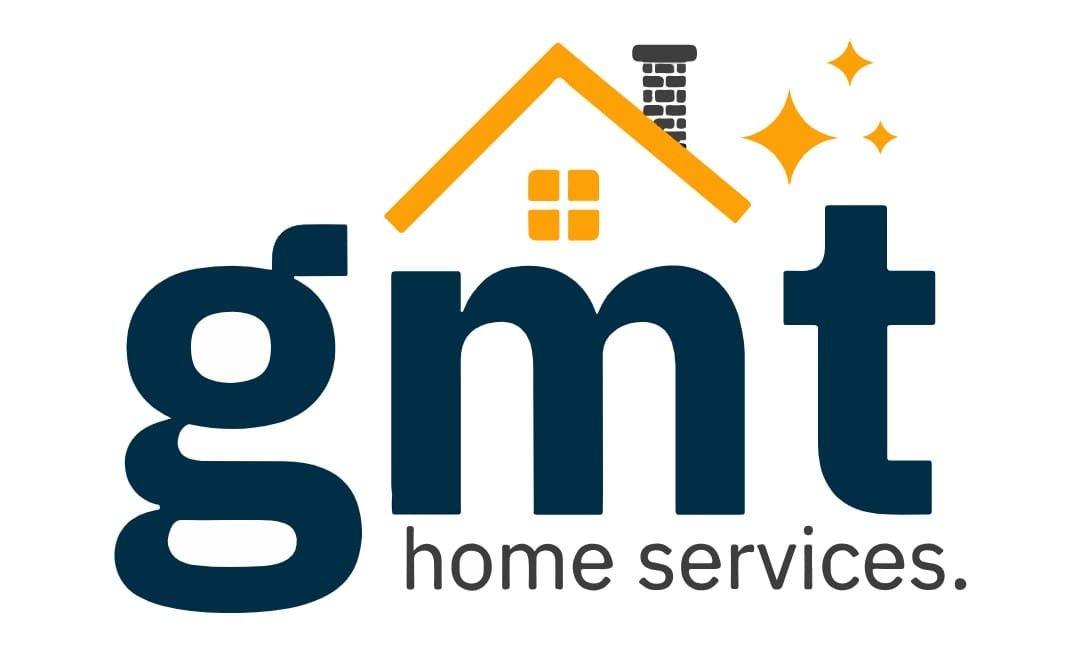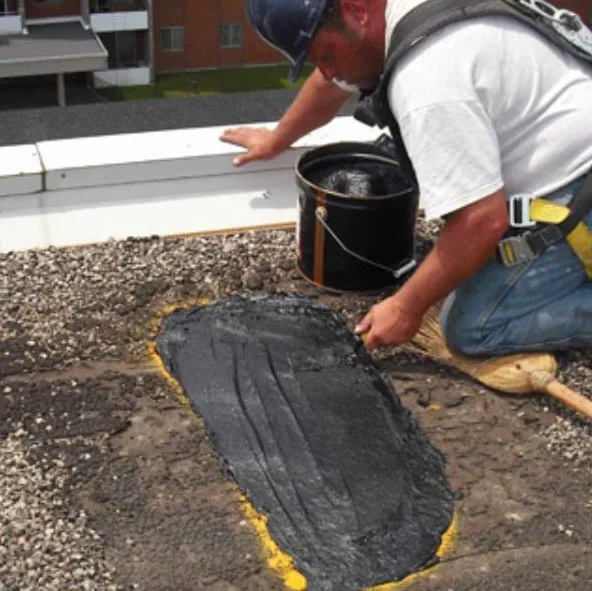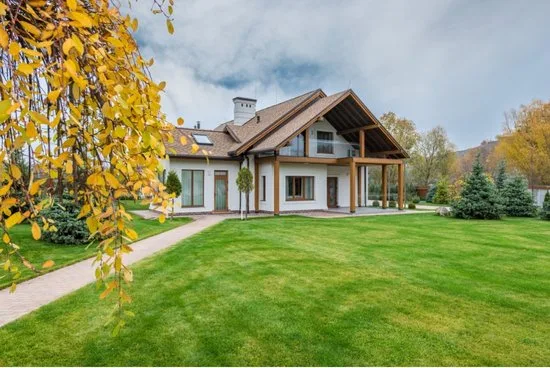You know how it starts—just a few water stains on the ceiling, maybe a damp patch near a vent. Most building owners or facility managers think, “It’s just a minor leak—nothing urgent.” But left unattended, even the smallest roof leak can spiral into substantial damage to your commercial property, not to mention the cost and disruption to business operations.
If you’re dealing with commercial roof leaks, this is your go-to guide on what causes them, how to spot the warning signs early, and the smartest, cost-effective ways to tackle them through commercial roof leak repair. before they grow into costly repairs.
How Commercial Roof Leaks Begin
Leaks in commercial roofs are typically not the result of one bad storm—they’re the result of time, harsh weather, and overlooked maintenance. Between UV rays, heavy rainfall, foot traffic, and the occasional contractor dragging equipment across your roof surface, even the strongest roofing systems wear down.
Flat roofs, in particular, are susceptible to standing water and clogged drains. A poorly managed drainage system allows water to pool, seeping into seams and forming slow leaks beneath roof coatings or membranes like modified bitumen. Over time, moisture invades the building’s structure, compromising insulation and even leading to mold growth.
The Usual Suspects Behind Commercial Roof Leaks
Let’s take a closer look at common culprits of roof leak repair issue :
- Damaged flashing and seams that allow water entry, along with clogged gutters that can exacerbate the problem.
- Clogged gutters or scuppers that back water onto the roof
- Cracks around vent pipes, skylights, or HVAC units
- Deteriorated roofing nails or adhesives
- Aging membranes on commercial flat roofs
- Ponding water after storms or snowmelt, which often indicates a lack of proper maintenance.
- Damage caused by other debris, wind, or rooftop equipment
And sometimes, it’s not what you see—but what you don’t. A small minor leak can spread beneath the surface, creating further damage far from where it started, often resulting in roof leaks .
The Power of Regular Inspections
The most important defense? Regular inspections.
Having your commercial roof inspected twice a year—preferably in the spring and fall—can save thousands in long-term roof repair bills. A professional commercial roofer will check for potential issues, test drainage, inspect seams, and look beneath the surface for signs of trapped moisture or movement in the roofing layers.
Don’t wait until a leaky roof disrupts your tenant’s office or your restaurant’s dining room. Prevention is key.
Repair, Restore, or Replace? Know the Difference
Here’s where it gets strategic. When facing leaks, you have three main options for repair :
1. Minor Repairs
Ideal for commercial roof leaks caused by isolated issues like cracked sealant, torn flashing, or punctures. These minor repairs are fast, affordable, and extend the performance of commercial roofing systems without major investment.
2. Roof Restoration
When multiple problem areas exist but the structure is still sound, commercial roof repair can evolve into a full restoration. Using elastomeric roof coatings or a waterproof barrier, contractors seal the entire roof surface, protecting it against UV radiation, water, and wind.
Restoration also improves energy efficiency by reflecting sunlight and reducing HVAC load—perfect for commercial buildings aiming to cut costs in the long run.
3. Full Roof Replacement
If your roofing system has reached the end of its lifespan, shows widespread moisture intrusion, or violates building codes, a complete replacement may be your only option. While more expensive, this ensures your commercial property is brought up to code with updated roofing materials and modern systems.
Roof Type Matters
Different roof types demand different approaches. For instance:
- Metal roofs may suffer from rust or loose panels and need specialized sealants.
- Modified bitumen roofs often require patching or layered coatings.
- Flat roof systems benefit from foam-based solutions that level low spots and repel water.
A skilled commercial roofing contractor will tailor their approach to your material and building needs, ensuring the roof returns to optimal condition.
Signs You Need Immediate Leak Repair
Watch out for these red flags:
- Water stains on ceilings or walls
- Musty odors in the building
- Mold or mildew in attic or crawl spaces
- Blisters or bubbles in the roofing membrane
- Unexplained increase in energy costs
- Dripping water near vents or light fixtures
When any of these appear, professional help isn’t optional—it’s critical.
Why You Should Never Delay Leak Repairs
Ignoring a leaking roof can lead to:
- Significant damage to insulation, drywall, and electrical systems
- Safety hazards for building occupants
- Code violations and insurance issues
- Business interruption or even relocation
- A fast-track to full roof replacement
Remember: every day a leak is left to spread, the repair gets more complicated—and more expensive.
Commercial Roofing Contractors vs. General Contractors
Not all contractors are created equal. A general contractor might handle drywall and flooring, but only licensed commercial roofing contractors understand the nuances of commercial roofing systems, from vent pipes to flashing details to long-term durability.
You want someone who knows how to firmly press patching materials, select the right protective barrier, and recognize how moisture travels beneath layers. Anything less can result in a temporary fix and a recurring problem.
Investing in Leak Prevention Is Investing in Your Building
Smart facility managers and property owners know that proactive roof maintenance leads to real returns, particularly when it involves commercial roof repair. , especially when handled by experienced commercial roofers . Less water damage. Fewer disruptions. Longer roof life. And most importantly—less stress.
Whether you’re managing a warehouse, school, retail center, or office tower, leak prevention is about more than just stopping water—it’s about preserving your building, your operations, and your reputation.
Final Thoughts: Don’t Wait for the Drip
Your commercial roof protects everything underneath it—your tenants, your customers, your team, your investments. A leaky roof, especially on metal roofs, might feel like a small annoyance today, but if ignored, it can grow into a crisis tomorrow.
Get your commercial roof inspected, take action on those minor roof repair actions, and explore restoration options that match your building and your budget. Because the best leak repair is the one you never need to make again.


